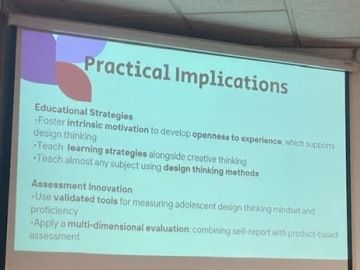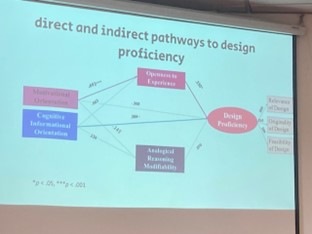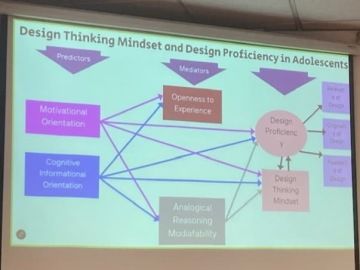International conference of the IACEP in Prague
5 min
The International Association for Cognitive Education and Psychology (IACEP) organised its international conference in Prague from 8th to 10th July. Most of the contributions were focused on the practical work of teachers and the implementation of research into the everyday school curricula. The National Pedagogical Institute was the main partner.
The main topic of the conference (linked to the activities of the IACEP) was the cognitive approach to education. This covers a broad range of themes, including special needs and special education, psychological capital, design thinking for teenagers or neuropsychological processes connected with learning. Approximately forty papers were presented by the speakers from 10 countries. Unique combination of research and national experience was put in 3-day networking of experts from Italy, Israel, UK, Norway, Czech Republic, Lithuania, Belgium, Germany, Australia, Kazakhstan, and Slovakia.
From the teachers’ perspective, their professional attitudes in terms of new trends were discussed based on their approach to diverse needs of their students.
Many innovative and preventive methods were introduced and presented from research experience for kindergartens, special education, and primary and secondary education as well.
Keynote speakers were Prof. Stefano Taddei (It), Cand. Polit. Gunvor Sonnesyn (Norway), Prof. David Tzuriel (ISR).
For more details see IACEP-INTERNATIONAL-CONFERENCE-2025_BOOK-OF-ABSTRACTS.pdf
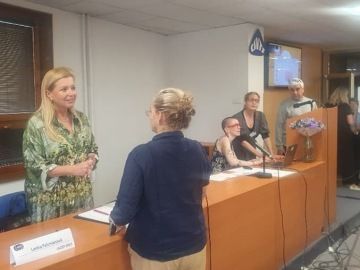
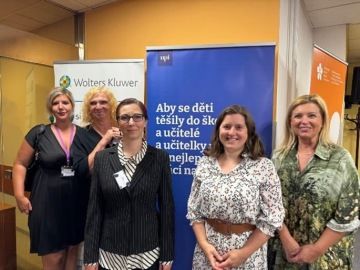
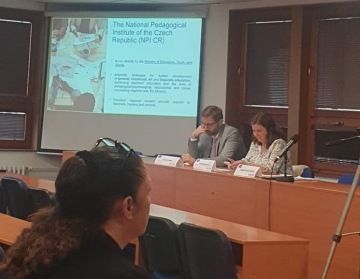
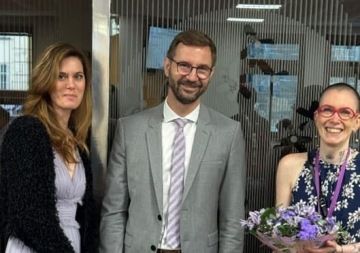
Main topics:
· Cognitive education, diversity, and inclusion
· Neurocognitive aspects of education, cognitive pedagogy, cognitive flexibility
· Post-secondary education. Its challenges and gains from a cognitive perspective
· Cognition and technology
Example of the contribution:
Karin Atlan and David Tzuriel from Bar-Ilan University in Israel presented Design Thinking as a critical 21st-century skill
In 4 hypotheses, they chose 6 variables and tested model of relations for design thinking mindset vs. design proficiency, motivation and creativity. 87 students, aged twelve years, took part in practical workshops, tasks, questionnaires and tests.
In this combined testing, based on cognitive psychology approaches and pedagogical practice, students had to prove:
· motivational orientation
· management approaches
· creativity
· problem solving
· human centredness
· communication
· visualisation
· openness for experience
Direct links were observed in relation to openness, motivation and efficiency. It means that training in learning strategies pays off. Another direct link is in relation to openness and motivation to design mindset, which indicates that autonomy in creativity and evaluation of one’s own products lead to more positive attitudes to learning and openness to new knowledge and skills.
Even though design thinking was originally explored among adults, even students find these methods interesting and benefit from their use in educational settings.
Use of flexible design thinking methods can develop a combination of personal and practical skills and strategies leading to attractive products such as a podcast, show, prototype, or game. In other words, students learn by searching, creating, combining information, facts and creative ideas and insights.
